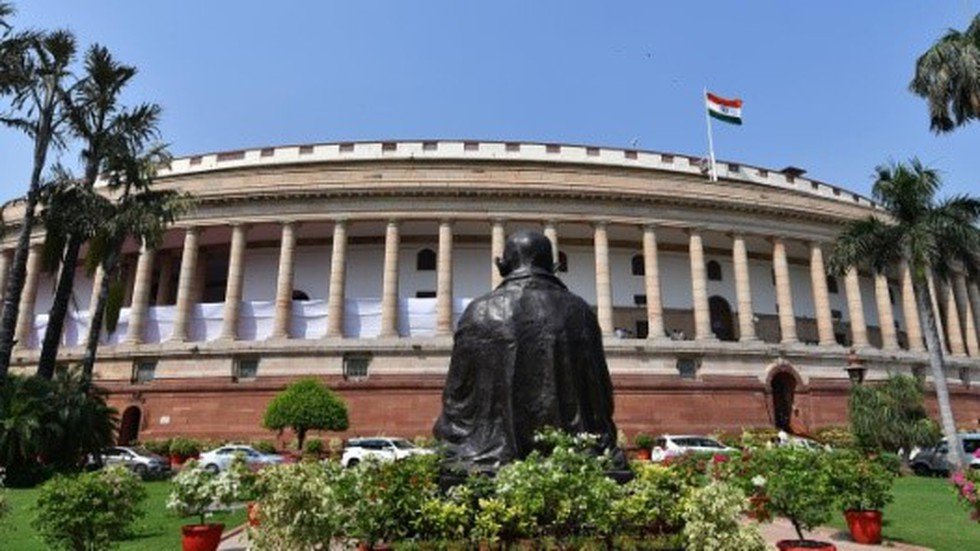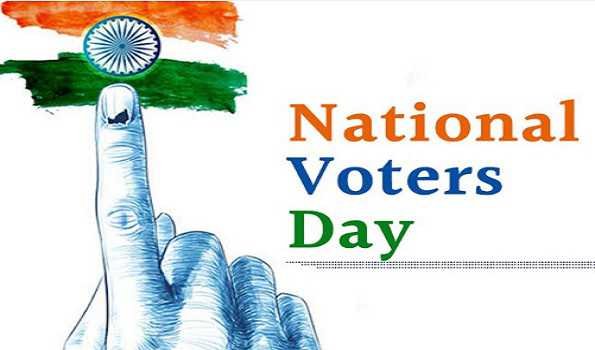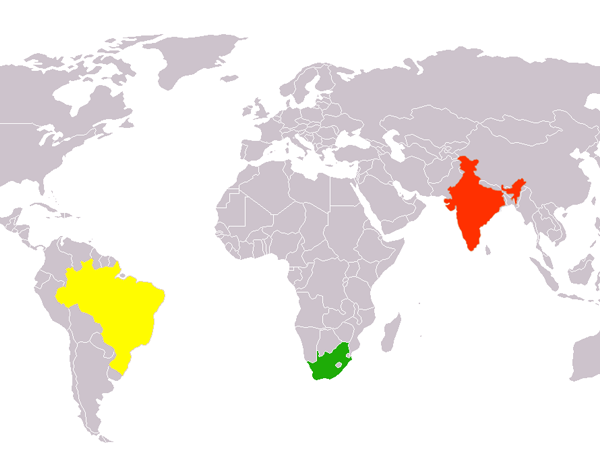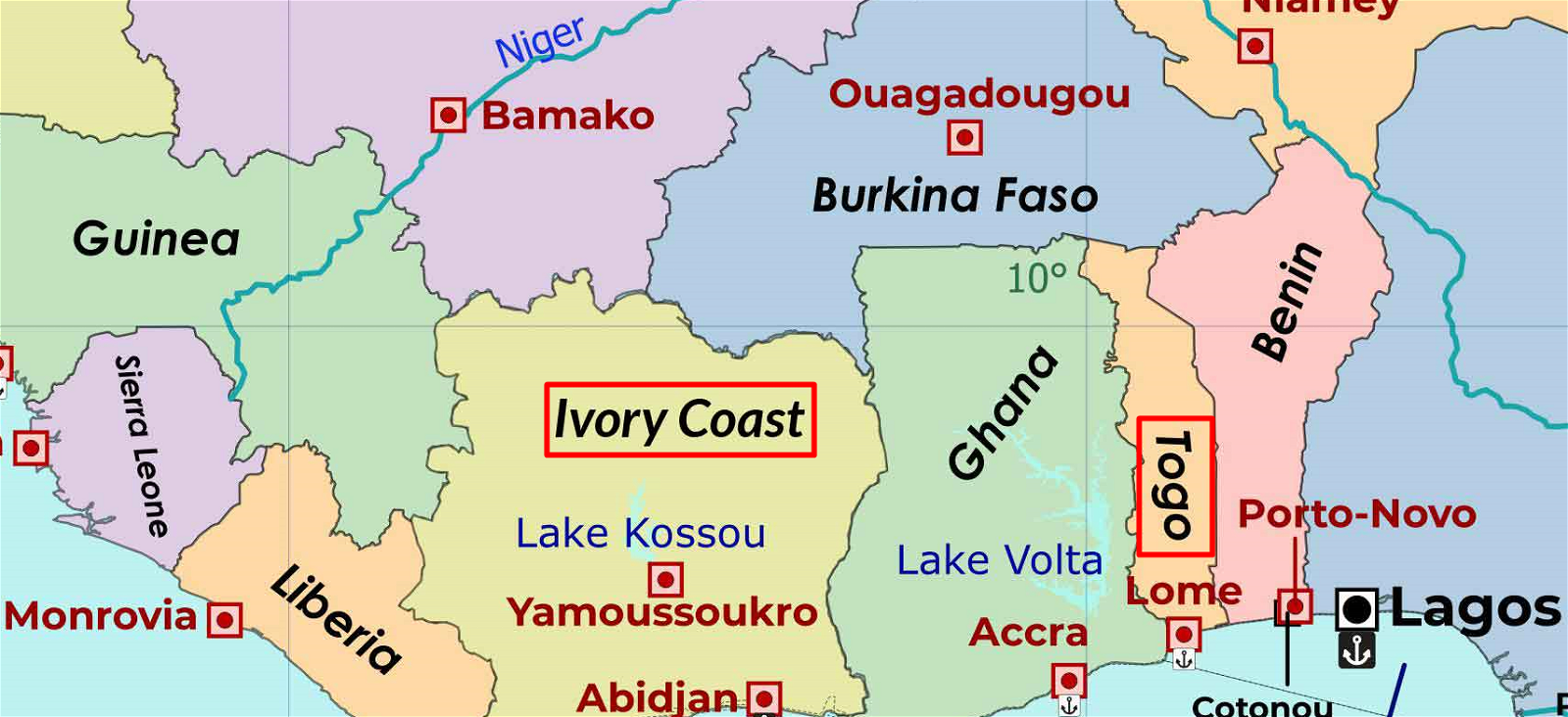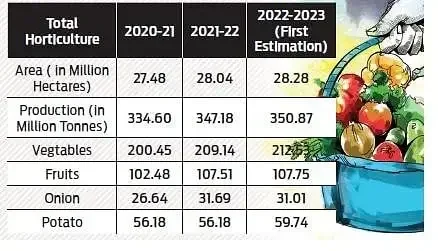
Center affidavit on Rohingyas issue
Subscribers of "Current Affairs" course can Download Daily Current Affairs in PDF/DOC
Subscribe to Never Miss an Important Update! Assured Discounts on New Products!
Must Join PMF IAS Telegram Channel & PMF IAS History Telegram Channel
- Context (NDTV): The Center has given an affidavit in the Supreme Court clarifying its stand on the Rohingya asylum issue in response to a petition urging the release of Rohingya refugees detained for alleged violations of the Foreigners Act.
- Implementation of the Citizenship Amendment Act has also sparked the issue once again.
Center’s stand
- Priority to citizens: India, being a developing nation with the highest population globally, should prioritise its own citizens.
- National security concerns: Illegal entry and stay, obtaining fake/fabricated Indian identity documents, human trafficking, and subversive activities challenge national security.
- No fundamental right to reside with foreigners: While a Foreigner enjoys the right to life and liberty under Article 21, right to reside and settle in the country is exclusively for Indian citizens.
- Altered demography: Border states like Assam & West Bengal are facing demographic changes.
- No ratification of refugee protocols: India has not ratified the 1951 Refugee Convention or its 1967 Protocol. Therefore, it is solely a matter of policy.
- The Indian government has been actively pursuing their repatriation. Since late 2018, India has reportedly deported numerous refugees back to Myanmar.
Who Are the Rohingyas?
- Muslim ethnic minority group residing in predominantly Buddhist Myanmar.
- According to the United Nations, they were systematically denied citizenship in Myanmar since 1982, rendering them stateless and without basic rights.
- The term “Rohingya” emerged in the 1950s as a means for the community to assert its collective identity and historical ties to the region.
- Restrictive citizenship laws and imposed limitations on marriage, family planning, education, and freedom of movement have compounded the community’s suffering.
Escalation Of Violence
- August 2017: Arakan Rohingya Salvation Army (ARSA), a Rohingya insurgent group, launched attacks on Myanmar police and army posts in Rakhine State.
- Brutal crackdown by Myanmar’s military: Characterised by widespread violence, mass killings, and torching of Rohingya villages leading to the crossing of Rohingyas into neighbouring Bangladesh.
Refugee Crisis
- Kutupalong camp in Cox’s Bazaar: Widely regarded as the world’s largest refugee camp in Bangladesh, it is filled with Rohingyas who escaped to avoid atrocities.
- Refugees are also seeking asylum in neighbouring countries such as India, Malaysia and Thailand or entering illegally.
International response
- Condemned Myanmar’s actions, with many labelling it as ethnic cleansing and even genocide.
- United Nations, human rights organisations, and individual countries have called for accountability and justice for the Rohingya.
- Legal actions have been pursued at international courts, including cases at the International Court of Justice (ICJ) and the International Criminal Court (ICC).
- Operation Insaniyat: Launched By India to help Bangladesh overcome the humanitarian crisis due to the large influx of Myanmar refugees.
- Sanctions have been imposed on Myanmar’s military leaders by various nations and organisations.




![PMF IAS Environment for UPSC 2022-23 [paperback] PMF IAS [Nov 30, 2021]…](https://pmfias.b-cdn.net/wp-content/uploads/2024/04/pmfiasenvironmentforupsc2022-23paperbackpmfiasnov302021.jpg)
